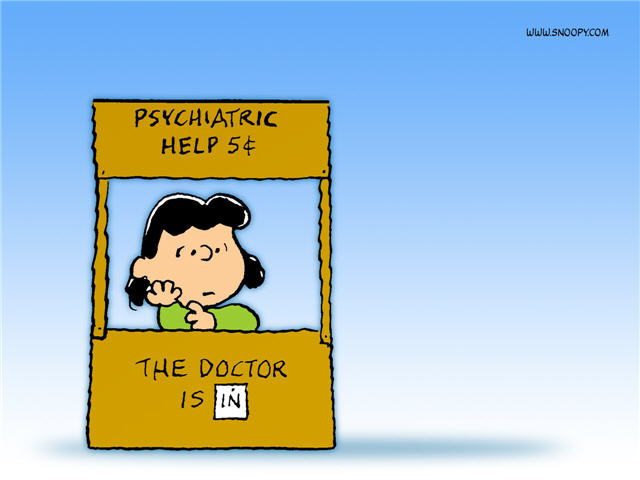Therapy is a major investment, which is why it’s so important to find someone who is worth investing in; someone whose values and personality complement your own. I conducted three months of research before purchasing my first car, so as you can imagine, I wouldn’t insist on anything less if I was looking for a therapist.
Here are some tips on what to look for in a therapist—aside from, of course, a degree and a valid license to practice, which you can authenticate online:
(Note: For the sake of simplicity, I will be using female pronouns when referring to the therapist).
Make sure the objectives are clear.
Does your counselor clearly identify and outline which therapeutic approach she feels would work best? Does she clarify her prices, whether she has a sliding scale for frees, how long the sessions are, and how many you will need? Has she set objectives for what she hopes you can achieve? How will she track your progress? Most importantly, do you agree with all of her objectives?
Make sure you complement each other.
Each therapist has their own approach, just like every therapeutic approach has a different feel to it. In fact, many therapists are very flexible and can use a number of different therapies. In Psychodynamic therapy, for example, you’ll likely be doing most of the talking, as your therapist will encourage you to speak openly about your thoughts and feelings. In Gestalt therapy, your therapist is more interactive, and might even be a little bit “in your face.” Cognitive Behavioral Therapy involves at least some “homework.” So make sure to work with your therapist to choose a therapeutic approach that fits your personality, values, and preferences.
Make sure your therapist is an active listener.
Does your therapist make eye contact while you’re speaking? Does she ask open-ended questions, like, “And when this happened, how did it make you feel?” Does she let you speak freely, or does she constantly interrupt you? Keep in mind that your therapist will likely take notes during a session, but she shouldn’t be busy scribbling all the time, barely paying any attention to you.
Make sure your therapist is respectful.
Regardless of your gender, age, ethnicity, sexual orientation, religion, or mental health issue, your therapist should be open-minded and diplomatic. Does your therapist make you feel accepted? Is she culturally sensitive? When you bring up the issues that are bothering you, does she sympathize with your feelings? Is she able to remain objective? Does she guarantee your confidentiality in writing?
Make sure the healing timeline is realistic.
Therapy has come a very long way. Treatment methods have improved (Yay! No more lobotomies!), which means that a lot of mental health issues are treatable, sometimes in just a few sessions. That doesn’t mean, however, that your therapist should jump to conclusions too early, make grand claims that she can “fix you up in no time,” or, worse yet, get impatient, end your therapy sessions, and declare you healed when you’re not ready. Like grieving, everyone heals at their own pace.
Make sure to follow your gut.
We often discount our gut instinct or intuition as illogical, but they are a lot more accurate than we think. When it comes to choosing a therapist, what it really comes down to is how you feel around this person. Can you be yourself around them? Do you feel at ease revealing your fears?
While it may take time to feel comfortable opening up to a stranger, it’s important to trust your instincts. If a particular therapist doesn’t feel like the right fit, don’t hesitate to move on. You have every right to end therapy at any point, and a good therapist will respect and support that decision without judgment.
Insightfully yours,
Queen D
References
Rubinstein, N. (2007). How to Choose a Counselor or Therapist. Retrieved from http://www.goodtherapy.org/blog/how-to-find-a-therapist
Whitbourne, S. K. (2011). 13 Qualities to Look for in an Effective Psychotherapist. Retrieved from https://www.psychologytoday.com/blog/fulfillment-any-age/201108/13-qualities-look-in-effective-psychotherapist.
Zur, O. (n.d.). How To Choose A Therapist. Retrieved from http://www.zurinstitute.com/choosing.html




Funny signs you need a new therapist | Queendom Blog
[…] ← Previous […]